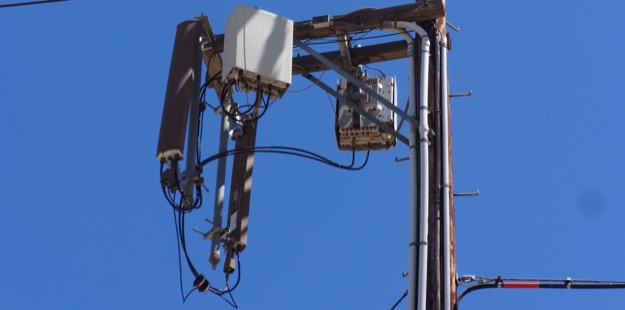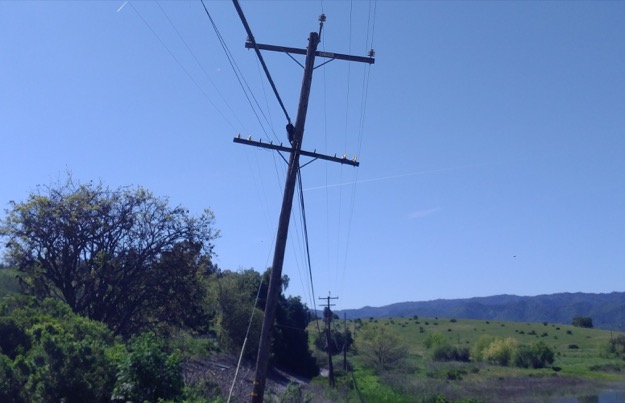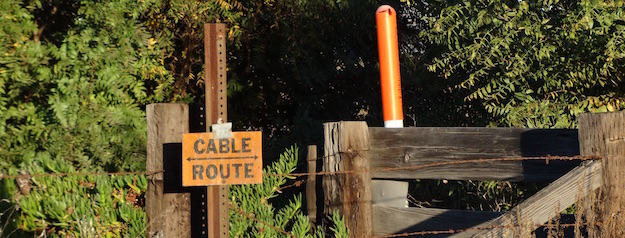Unanimous approval by key committee sends AT&T’s deregulation bill to a vote of the full California senate

When the legislative dust settled on Friday, after a whirlwind morning in which the fate of hundreds of bills were announced after being decided behind closed doors in Sacramento, assembly bill 1366 remained alive. Carried by assembly member Lorena Gonzalez (D – San Diego) would, on the face of it, simply extend an existing ban on regulation of “Internet Protocol enabled communications services”, including voice over Internet protocol (VoIP) telephone service.
Given the increasing number of consumers switching – and being switched without their consent – from legacy copper-based plain old telephone service (POTS) to VoIP since the regulatory ban went into effect six years ago, AB 1366 spells a de facto end to state oversight of broadband and telephone infrastructure and service in California.… More

![LtPowers [CC BY-SA 4.0 (https://creativecommons.org/licenses/by-sa/4.0)] Rochester street light](https://www.tellusventure.com/images/2019/rochester_street_light.jpg)






